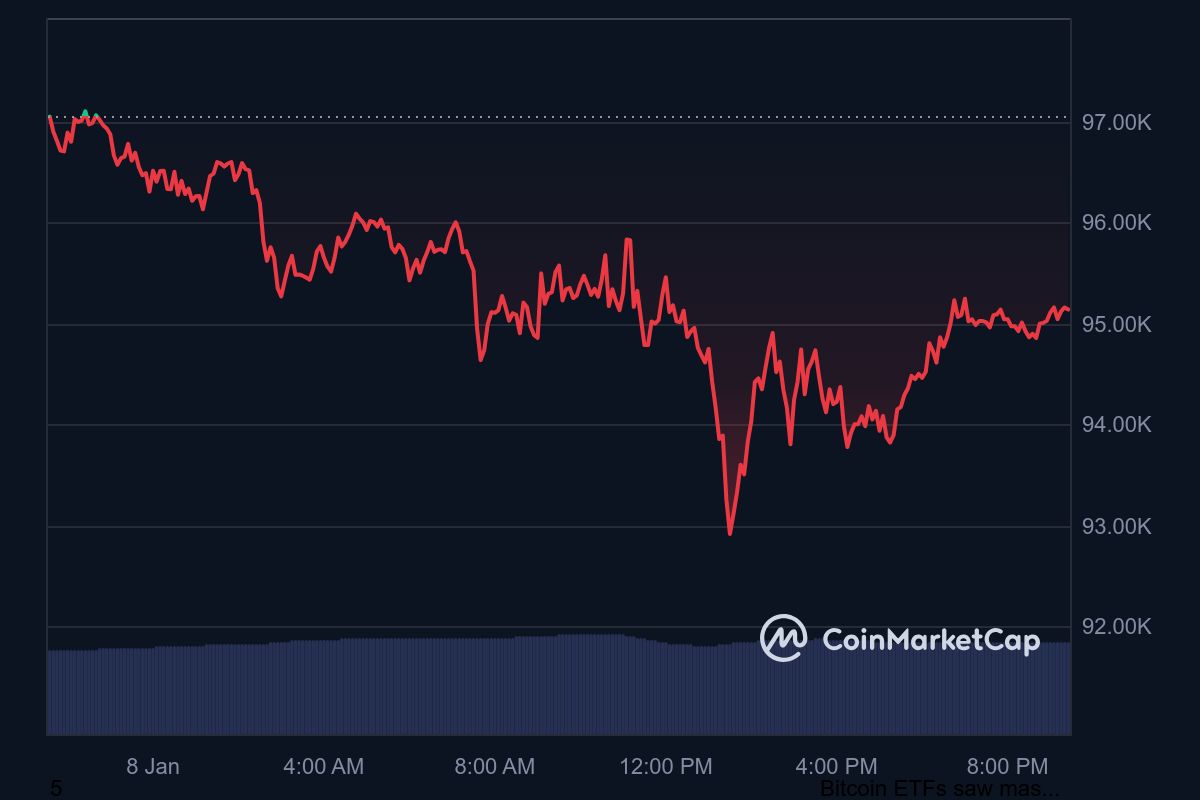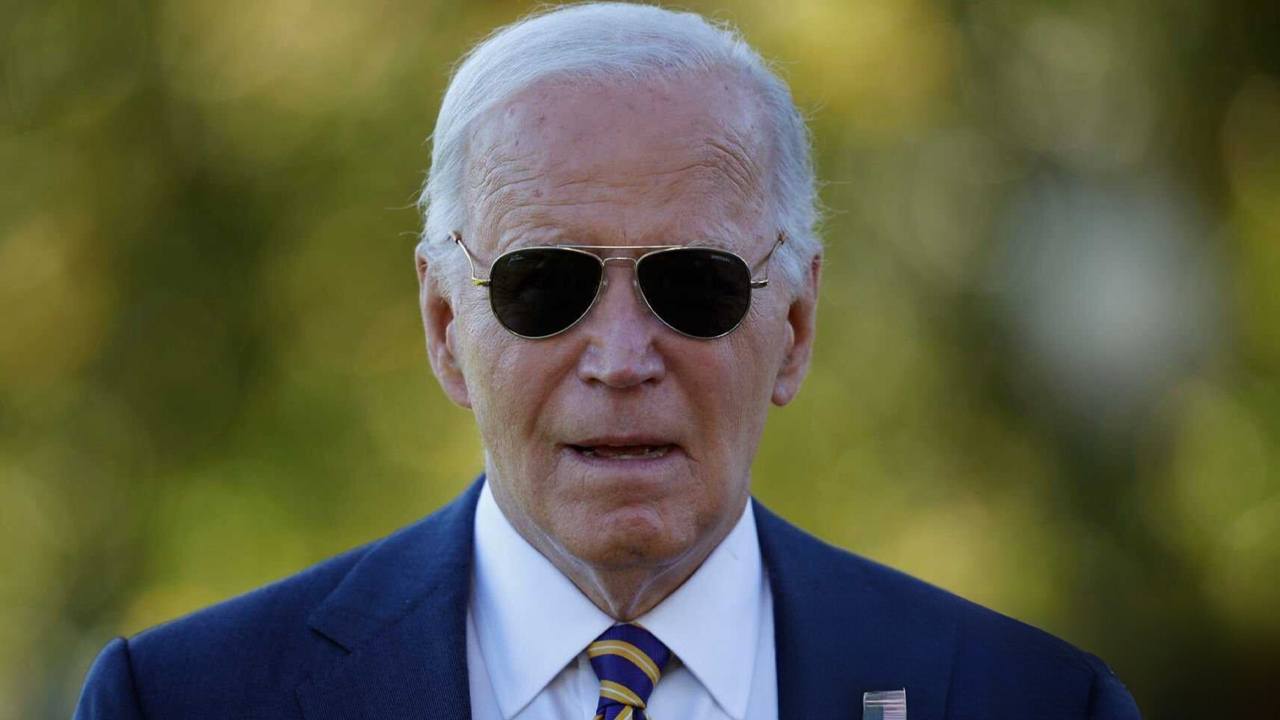- Andrés Villagrán leads efforts, collaborating with international Bitcoin advocates to bring global perspectives into Chilean legislative discussions.
- Congressional meetings in 2025 will determine Chile’s leadership in Bitcoin adoption, setting an international precedent for cryptocurrency integration.
Chile is taking step toward Bitcoin adoption with the proposed creation of a Bitcoin Caucus, a parliamentary group dedicated to studying, legislating, and promoting Bitcoin-related initiatives.
Led by Congresswoman Gael Yeomans, this initiative aims to position Chile as a regional leader in Bitcoin adoption by fostering a regulatory framework that integrates Bitcoin into the national economy.
The Bitcoin Caucus will focus on analyzing international legislation, assessing regulatory challenges, and crafting strategic proposals.
Yeomans emphasized that the group will be politically inclusive, ensuring broad participation across the ideological spectrum to facilitate informed and future-oriented discussions.
Bitcoin Advocacy Gains Ground in Chile’s Legislative Agenda
The initiative builds upon the groundwork laid by Andrés Villagrán, who since 2023 has engaged with Chilean lawmakers and government officials to highlight Bitcoin’s potential.
Villagrán has collaborated with global Bitcoin advocates, including Dennis Porter (U.S.) and Simon Collins (New Zealand), to incorporate international perspectives into Chile’s policy discussions.
In November 2024, key meetings with government representatives introduced the concept of a Strategic Bitcoin Reserve (SBR), inspired by similar initiatives in U.S. states like Texas and Ohio. The SBR is envisioned as a financial tool to enhance Chile’s economic resilience amid global market fluctuations.
Looking ahead to 2025, further engagements with the Ministry of Finance and Congress will determine the feasibility of the Bitcoin Caucus and the SBR initiative. If approved, Chile could emerge as a global precedent for integrating Bitcoin into national economic policy.

Bitcoin (BTC) is currently trading at $95,140.94, reflecting a 2.15% increase in the last 24 hours. Its market capitalization stands at $1.86 trillion, with a 24-hour trading volume of $65.78 billion, marking a 17.75% increase. The circulating supply is 19.8 million BTC, with a fixed maximum supply of 21 million BTC.
Bitcoin continues to attract strong institutional investment, with spot Bitcoin ETFs seeing $1.1 billion in daily inflows, signaling renewed confidence in the market. BlackRock and MicroStrategy together hold over one million BTC, highlighting the increasing dominance of institutional players in the space.
Additionally, Bitcoin’s hashrate has reached an all-time high, reinforcing network security and miner confidence. The U.S. government has also announced plans for a Strategic Bitcoin Reserve, aligning with global moves toward integrating Bitcoin into national financial strategies.
With BTC trading below the $95,000 resistance level, continued institutional inflows and macroeconomic factors could drive Bitcoin toward $98,000 – $100,000 in the short term. However, if BTC faces further sell pressure, a retracement to $90,000 – $92,000 could occur before the next bullish move.











